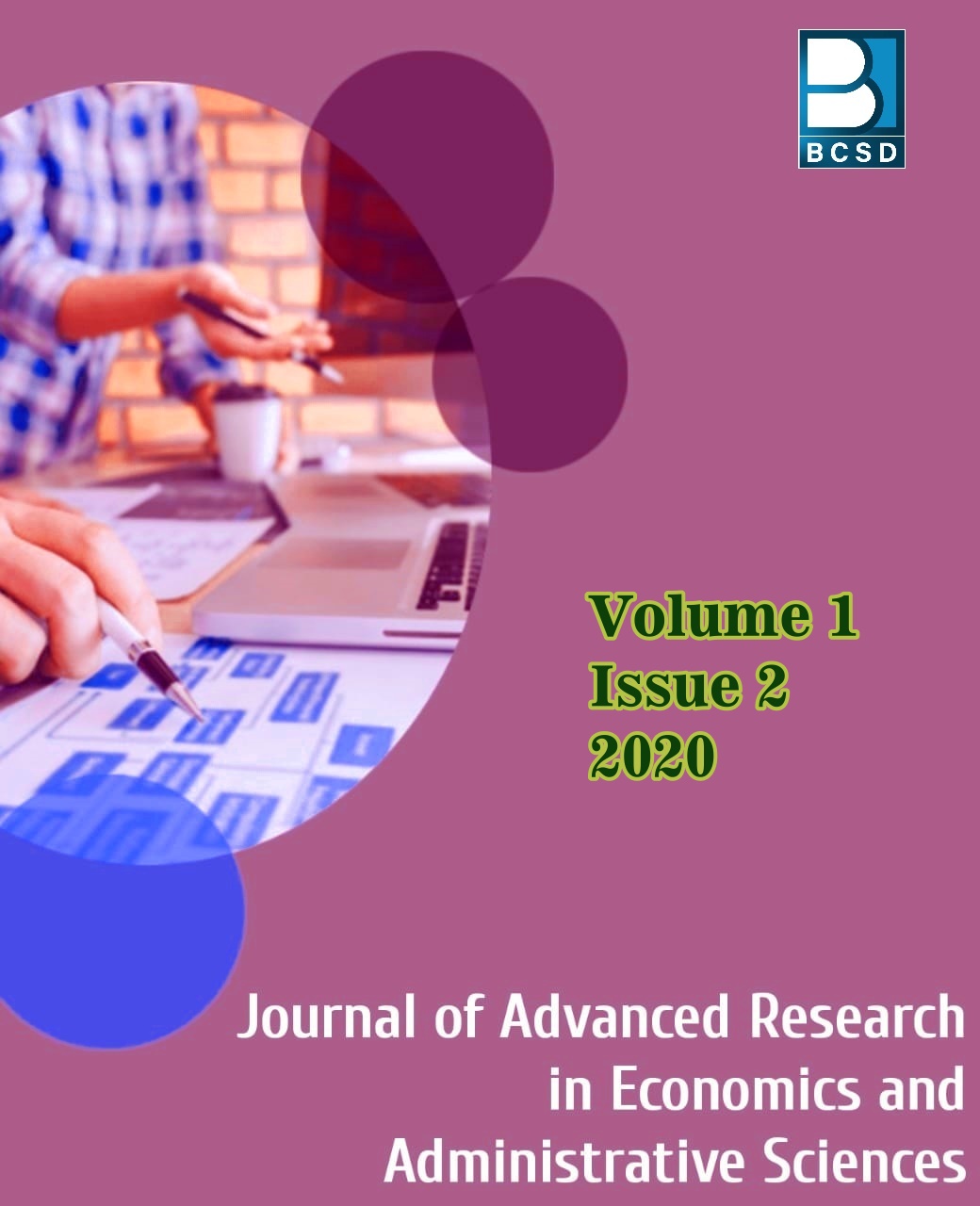
Journal of Advanced Research in Economics and Administrative Sciences
Yazarlar: Dauda Moses, Aniekan Elijah Asukwo, Muhammed Adamu Yusuf, Isaac John Ibanga
Konular:-
DOI:10.47631/jareas.v2i1.214
Anahtar Kelimeler:Female Enrolment,Female Trainees,Electrical/Electronics Engineering Trade,Sustainable Development Goals (SDGs),Technical and Vocational Education and Training (TVET)
Özet: Purpose: This study investigated female enrolment into electrical/electronics engineering trade in technical colleges of Adamawa State in order to suggest ways of augmenting it for Sustainable Development Goals (SDGs) 2016-2030. Approach/ Methodology/ Design: Two research questions and two null hypotheses were formulated to guide the study. A descriptive survey research design was adopted for the study. The sample of the study comprised of 38 teachers and 140 parents. A 50-item Female Enrolment in Electrical/Electronics Engineering Trade (FEEET) Questionnaire was developed by the researchers and used for data collection. The questionnaire was validated by three experts from the Department of Electrical Technology Education, Modibbo Adama University of Technology, Yola, Adamawa State. Reliability co-efficient of 0.81 was obtained for the instrument using Cronbach’s Alpha reliability method. Mean statistic was used to answer the two research questions while z-test statistics was used to test the two hypotheses at 0.05 level of significance. Findings: The findings of the study revealed that inadequate knowledge on female participation in electrical/electronics engineering trade, hazards involved in working with electricity, and poor gender policy implementation among others were factors affecting female enrolment into the programme. Establishment of electrical/electronics engineering trade skill acquisition centres for females and provision of starter packs for female graduates of electrical/electronics engineering trade among others were strategies identified for improving female enrolment into the programme. Practical Implication: The study has practical implications for achieving sustainable development goals in Nigeria. A sustainable financing scheme for the female trainees of electrical/electronics engineering trade should be established in order to boost their interests in the programme. Originality/Value: The study identified that inadequate knowledge on female participation in electrical/electronics engineering trade, hazards involved in working with electricity, societal perception about electricity, cultural sanctions on women, early marriages, and poor gender policy implementation are the main factors that affect female enrolment in technical colleges in Nigeria.